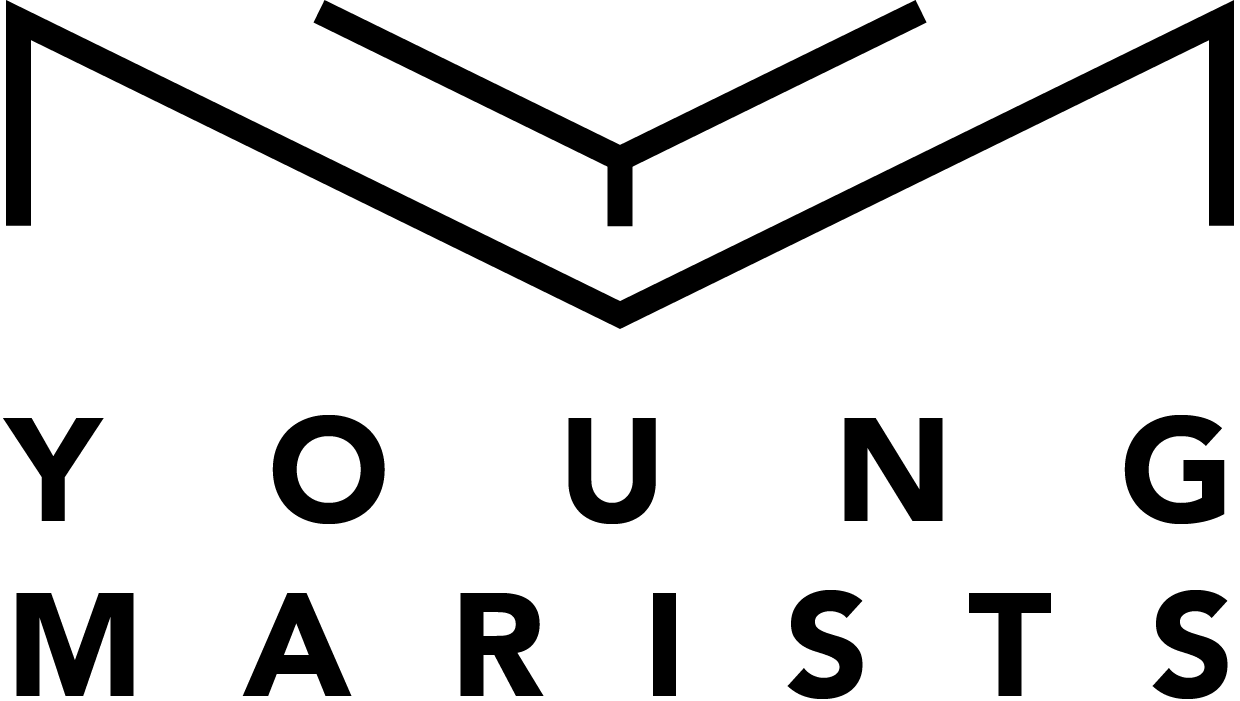Good Leadership is Informed Leadership
It is early on a still September morning and the concrete mist at our feet betrays the outline of five distinct valleys converging at this place, Ngaputahi. You too, I am convinced, would find yourself standing at the top of the world and the very centre of the universe. We are in Te Urewera, in the front yard of Chaz Doherty and a lunch of fresh Murupara sausages is almost cooked.
From its inception, the Young Marist Neighbours programme has been a catalyst for providential meetings with incredible people. Chaz is at the top of the list and I want to know why he remains involved with us after five years.
Chaz takes a long sip from his cup of tea.
“Every community needs leadership. But it has got to be good leadership, and good leadership is informed leadership”.
From Chaz I have learnt that the line between a question and the best answer is rarely a straight one.
“So leadership is a really big thing. For a lot of iwi, we have been kind of leaving it down to luck. In the old days, it was nurtured. It was grown. It wasn't by accident.
Part of the Tuhoe tradition is the intentional cultivation of good leaders for their community. That, Chaz says, is something that is needed because Tuhoe leadership is different from other types of leadership or ‘leadership styles’.
“The Tuhoe leader says 'There are my people. I must follow them.'
Here, what the leader does and is, is for the people”
This concept is not an unfamiliar one to a Marist. The call to live in the world as Mary, and lead in a way that is hidden and unknown, manifests itself in a type of leadership that is unique. Programmes like Marist Youth Leader and more recently the “Growing New Principals” programme, exist because Marist leadership for Marist schools is best cultivated from within supportive Marist communities. It is not something that can be left up to chance.
“We want to put back in place the process of growing good leaders. We use whare wananga and the whole process is to whakatipu rangatira - grow leaders. It is for growing leaders, not just producing clever people.
Tuhoe is not short of academics and the pursuit of higher education is something that has been encouraged. However, Chaz is firm in making the distinction between the different types of knowledge and their usefulness. Academic knowledge alone, he stresses, has a habit of sticking around in peoples heads and often doesn't go anywhere productive. The leader on the other hand takes the right knowledge to the very pit of his or her stomach and from there it manifests in things that are good for the community. For the collective, not for the individual.
We have too many “clever people”.
Last year an elderly past student of the school at Te Whaiti came back to the school to reminisce and share his most memorable moments. He recounted a big trip to Ohiwa (on the Bay of Plenty coastline roughly 140km from Te Whaiti) where he remembers Chaz’s great aunty seeing the water from the bus and exclaiming that it was the biggest river she had ever seen! She ran straight down the beach and dived in, only to surface horrified at the awful taste of the water when she tried to drink it!
The reality of a place like Te Whaiti, in the middle of the bush, in rural Aotearoa, is that students can grow up with a really limited experience of the outside world. When the Marist students come to Te Whaiti each year, Chaz believes that their world gets a bit bigger. Te Whaiti is the first community to have invited us to spend time with them. Every other community we have approached but the school at Te Whaiti sought us out. They have a plan for their kids and it includes us. When the year 9 and 10 students of Te Whaiti lead our students up in the bush, they make friends across the country, they have the opportunity to practise their leadership and they see the value of their community and their knowledge through the eyes of our students. For Chaz, the Young Marist Neighbours programme is part of the development of leaders at Te Whaiti school. Leaders for the future of Tuhoe.
But it is not just about the leadership of their students. Chaz believes that the students from our Marist schools are each potential leaders and so he and the school have a responsibility to invest in them also.
“You know, your young people, one of them might be the next Prime Minister. I would like to think that their leadership would be informed through this experience. More informed about communities like this. More sensitive or sensitised to the “other”. More aware of history and its consequences. Informed through real experiences and real engagement. Real engagement is of course as simple as sitting around and talking, being in this space, making a fire and having a feed. Putting down a hangi. Getting into the bush.”
So that is what we have been doing and each year the experience develops and deepens for both our group of young people exploring social justice in a rural New Zealand community, and for the young leaders at Te Kura Toitu o Te Whaiti Nui a Toi. Chaz notes that it seems to make an impact. I am not sure if he is aware of just how big that impact is.



